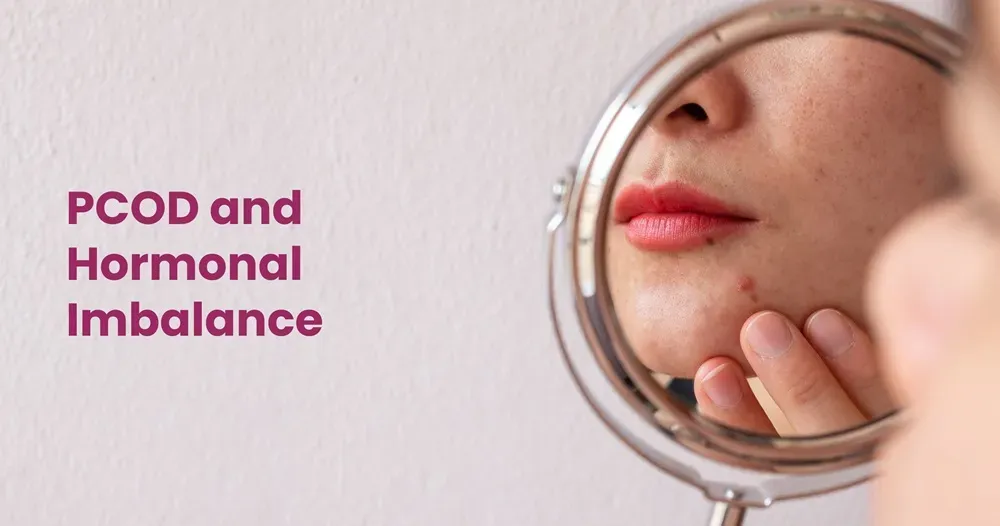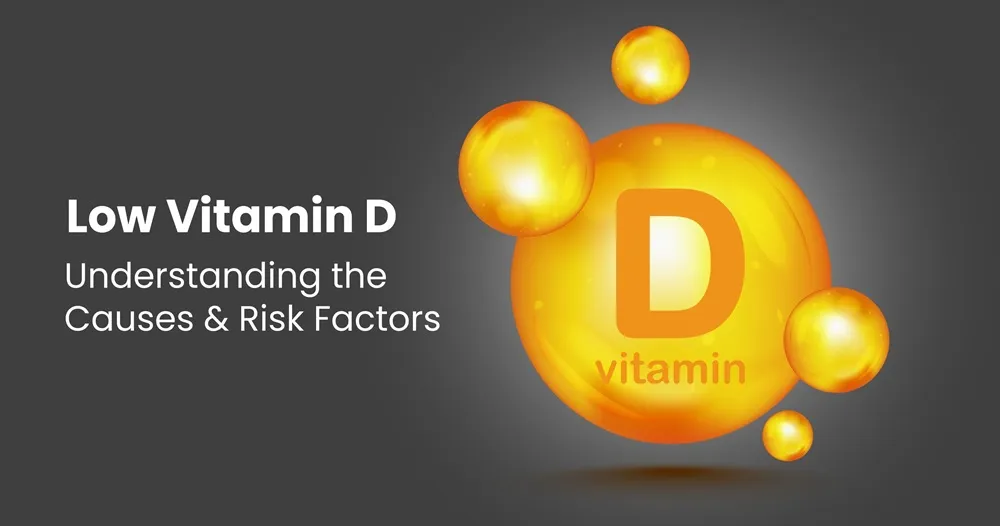Causes and Symptoms of an Infectious Disease
Jun 03, 2020
An infectious disease is caused by any of the pathogenic microorganisms like viruses, bacteria, fungi or parasites. Infectious diseases are capable of being spread directly or indirectly from one person to the other. Infectious diseases of animals are termed as ‘zoonotic diseases’; these can cause diseases when transmitted to human beings. It is always advisable to have diagnostic tests done to identify an infectious disease.
Microorganisms like bacteria, fungi and viruses coexist in our bodies; we are exposed to them at all times. Though they are largely harmless, in certain conditions, these can cause diseases. Certain infectious diseases like measles can be prevented by vaccines. Following regular hygienic practices which include proper hand-washing can prevent most infectious diseases.
Symptoms of an infectious disease
The symptoms of an infectious disease include –
- Fever
- Coughing
- Sneezing
- Diarrhea
- Fatigue
- Aching muscles
Causes of an infectious disease
The causes of an infectious disease can be broken down into microorganisms, direct contact, indirect contact, insect bites and food/water contamination
Microorganisms
These microorganisms are known to give rise to infectious disease, and can be detected with appropriate diagnostic tests -
- Bacteria – These uni-cell microorganisms can cause illnesses that include urinary tract infections and tuberculosis.
- Viruses – Viruses cause a range of diseases that can be as simple as common cold and as complicated as AIDS.
- Fungi – Most skin diseases are a result of fungal infections. Some of the examples include athlete’s foot, Tinea Versicolor, and ringworm.
- Parasites –One of the common examples is malaria, caused by a parasite transmitted through a mosquito bite.
Direct Contact
Person to person contact in the form of touch, kiss, cough, sneeze or exchange of body fluids during sexual contact can lead to the direct transfer of microorganisms like bacteria or viruses from one person to another. Being scratched by an infected animal can also lead to the spread of an infectious disease to a person. A pregnant mother can pass germs that cause infection disease to the unborn child.
form of touch, kiss, cough, sneeze or exchange of body fluids during sexual contact can lead to the direct transfer of microorganisms like bacteria or viruses from one person to another. Being scratched by an infected animal can also lead to the spread of an infectious disease to a person. A pregnant mother can pass germs that cause infection disease to the unborn child.
 form of touch, kiss, cough, sneeze or exchange of body fluids during sexual contact can lead to the direct transfer of microorganisms like bacteria or viruses from one person to another. Being scratched by an infected animal can also lead to the spread of an infectious disease to a person. A pregnant mother can pass germs that cause infection disease to the unborn child.
form of touch, kiss, cough, sneeze or exchange of body fluids during sexual contact can lead to the direct transfer of microorganisms like bacteria or viruses from one person to another. Being scratched by an infected animal can also lead to the spread of an infectious disease to a person. A pregnant mother can pass germs that cause infection disease to the unborn child.
Indirect Contact
Germs on the mobile phone, door knob, toilet seat etc. are an example of indirect contact and subsequent transmission of an infectious disease. If you touch a mobile phone that is handled by someone who has a cold or flu; and then touch your eyes, mouth or nose without washing your hands, you can be susceptible to the infectious disease.
Food and Water Contamination
Unwashed food utensils or undercooked food can lead to contamination of food and water. For instance, the E.coli bacterium present in undercooked meat can lead to food poisoning, with symptoms like diarrhea and fever.
While most infectious diseases cause mild to moderate amount of complications, some of them can be serious like pneumonia, meningitis, and AIDS. Some infections are known to increase cancer risk, for instance, Human papillomavirus for cervical cancer and Hepatitis C or Hepatitis B for liver cancer. Certain infectious diseases have a way of being dormant, only to resurface later. For instance, someone with chicken pox can develop shingles later in life.
When to visit a doctor
Go to the doctor if any of these things happen to you –
- Diarrhea for more than 3 days in case of an adult, and more than 24 hours, in case of a child
- A nagging headache that goes away and comes again
- A cough for more than a week
- Unexplained Fever
- Rash or swelling on the skin
- Bitten by an animal
- Breathing problems
- Vision problems
- Fatigue
Regular health check goes a long way in helping your doctor arrive at an appropriate course of treatment, based on the results from pathology services.
Do not hesitate to go for diagnostic tests; these can be vastly helpful to the doctor in prescribing the right course of treatment in case you are affected by an infectious disease. Since there is a multitude of infectious diseases, an accurate diagnosis and health check goes a long way in expediting the treatment.
Related Blog Post
Blog Categories
- Child Health
- Mens Health
- Women's Health
- Mental Health
- Health Myths & Facts
- Fitness
- Nutrition/Recipes
- Remedies
- Weight Management
- Stress Management
- Health Supplements
- Addiction Management
- Disease Management
- Allergy
- Anemia
- Arthritis
- Asthma
- Autoimmune Diseases
- Blood Pressure
- Cancer
- Deficiencies
- Dengue/Malaria/Chikungunya
- Diabetes
- Eye Problems
- Heart Diseases
- Hepatitis
- HIV/AIDS/STD
- Hormonal Imbalance
- Infection/Flu/Viral
- Kidney
- Liver
- Menstrual Problems
- Pregnancy
- Skin & Hair Problems
- Stomach Ailments
- Thyroid
- Others
- Health Checkups
- Diagnostics/Pathology
- Lifestyle & Wellness
- Covid
- Medical Tests
- Cholesterol
- Health Tips
- Parent Care/Old Age
- Lungs
- Food Intolerance








